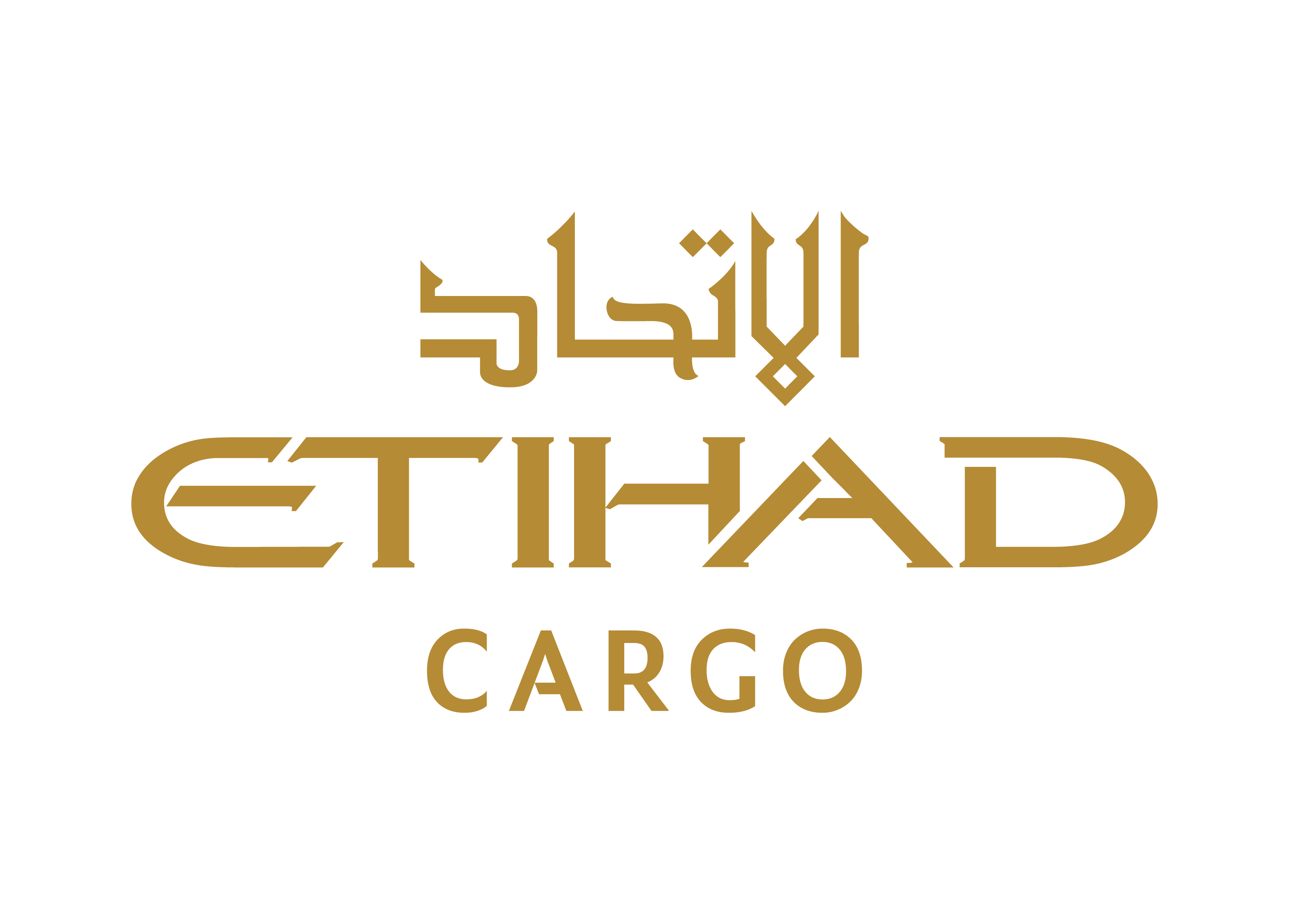Our position on the carriage of animals plants and their products
Etihad Airways, the national airline of the United Arab Emirates, is fully compliant with all UAE Federal laws related to ‘Regulating and Controlling the International Trade in Endangered Species of Wild Fauna and Flora’.
Etihad Airways adheres to all IATA regulations pertaining to animal handling and acceptance (kennel specification, medication, state variations, etc), and with all regulations protecting endangered species and overall animal welfare as covered under CITES. A detailed list of species is available at: www.cites.org/eng/resources/pub/checklist11/index.html
This regulatory compliance is outlined in Etihad’s Cargo Services Manual, Chapter 5.3.15.6 – Prohibited Animals, further stating that ‘Etihad Airways will not accept any live animals intended for use in scientific research.’ This includes also primates flown for anything other than welfare purposes.
In 2013, Etihad Airways also became member of IPATA – the International Pet and Animal Transportation Association (http://www.ipata.org ), to further strengthen its position as an accredited and fully compliant airfreight carrier of life animals at an international level. Etihad Airways is also a member of the UK Pet Scheme – allowing Etihad Airways to carry pets from both London and Manchester.
With its growing network, Etihad Airways implements the strictest rules and regulations across its equity partners. For example, Etihad Airways and Air Seychelles, the latter flying to Hong Kong via Abu Dhabi as part of a codeshare with Etihad, do not knowingly accept the carriage of shark fins, a decision that was made by both airlines in 2013. In 2015 the decision was made not to knowingly accept the carriage of hunting trophies using animal products
Etihad Airways’ security team works closely with customs and immigration authorities and national security organizations across its network to ensure that guests and cargo agents comply with live animal’s regulations. If a guest or cargo agent is found to be smuggling live animals, restricted animal-related products or endangered species, they are immediately referred to the local authority.



